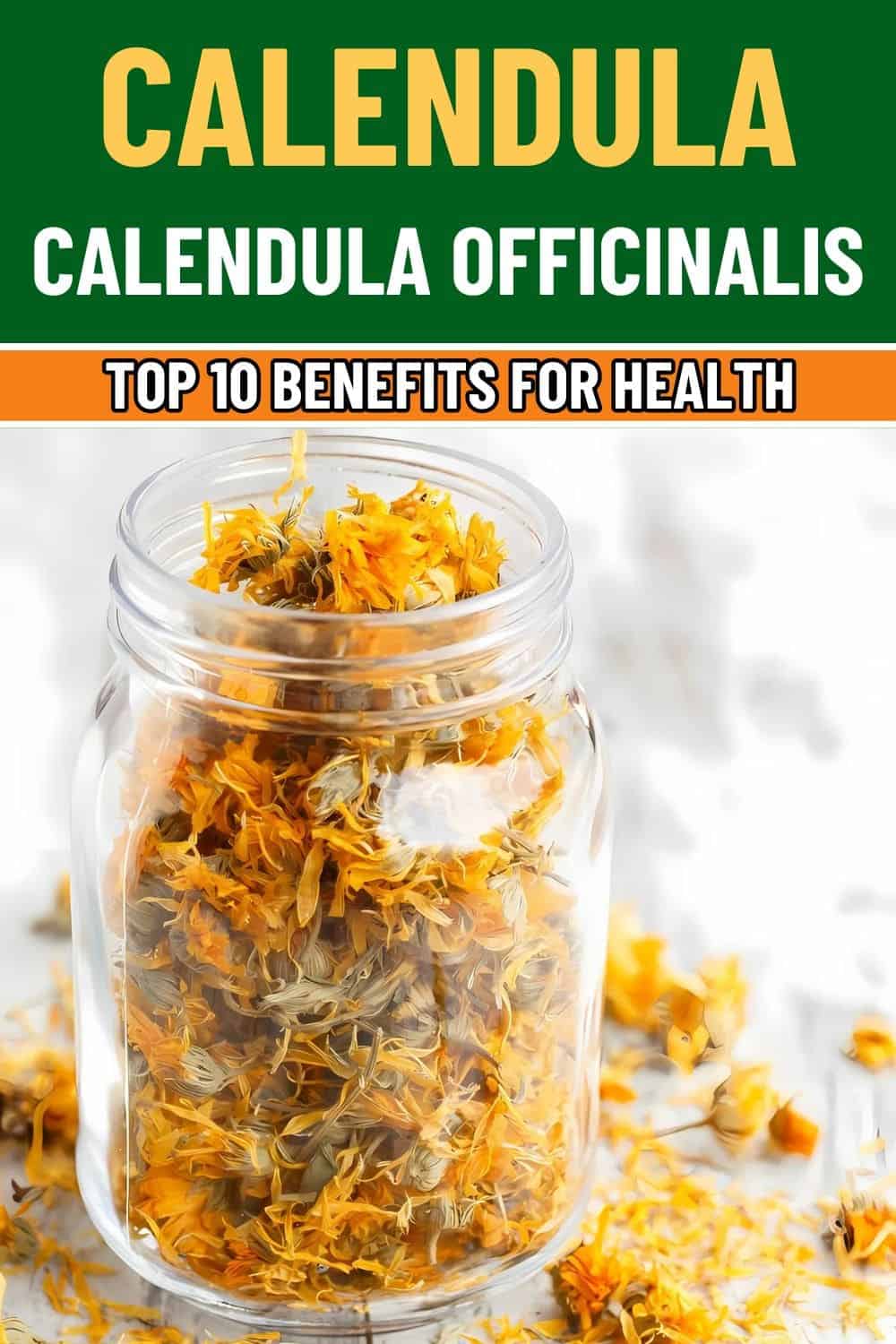Calendula (Calendula officinalis), often referred to as pot marigold, is a bright, cheerful flower that’s a favorite among gardeners.
Known to attract pollinators and repel harmful pests, calendula is a natural ally in maintaining a thriving, balanced garden.
But this versatile flower doesn’t just stop at supporting plants, it offers a treasure trove of health benefits for us as well.
#1. Heals Wounds and Cuts
The calendula’s natural compounds, such as flavonoids and triterpenoids, promote tissue repair and reduce inflammation.
Studies published in the Journal of Wound Care have shown that calendula extract significantly improves wound healing by stimulating collagen production and increasing blood flow to the affected area.
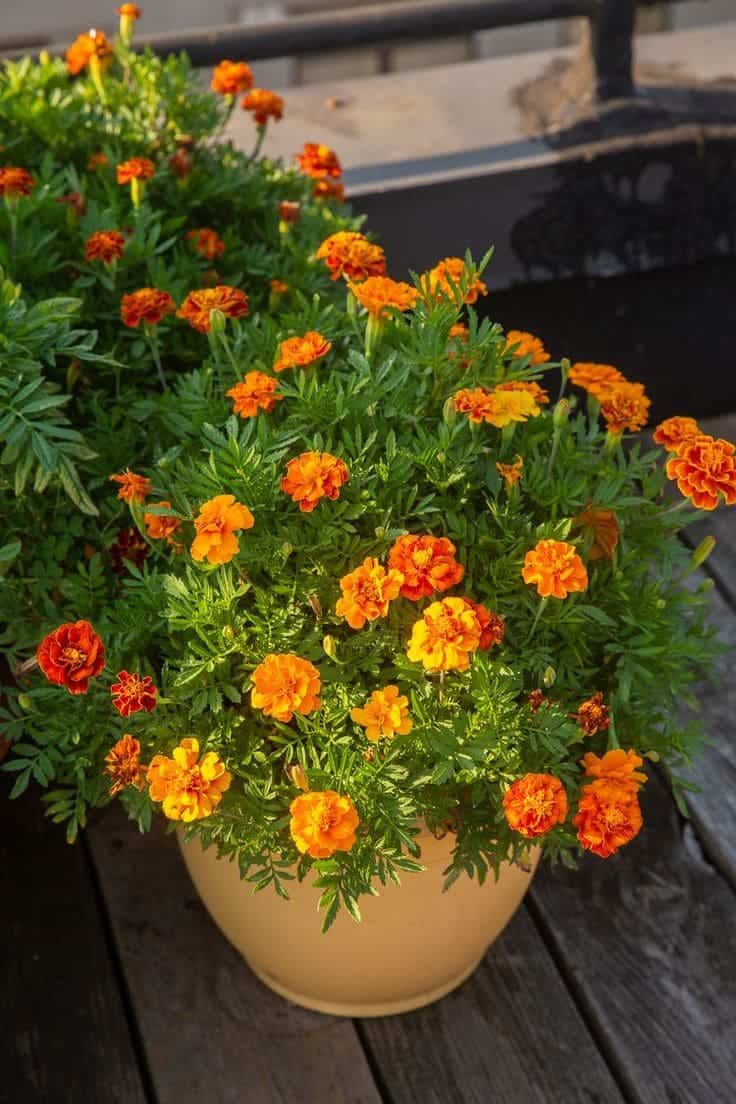
#2. Soothes Skin Irritation and Eczema
Calendula is a go-to herb for soothing skin irritations, including eczema, rashes, and dermatitis. Its creams are widely used for babies suffering from diaper rash or adults with sensitive skin conditions.
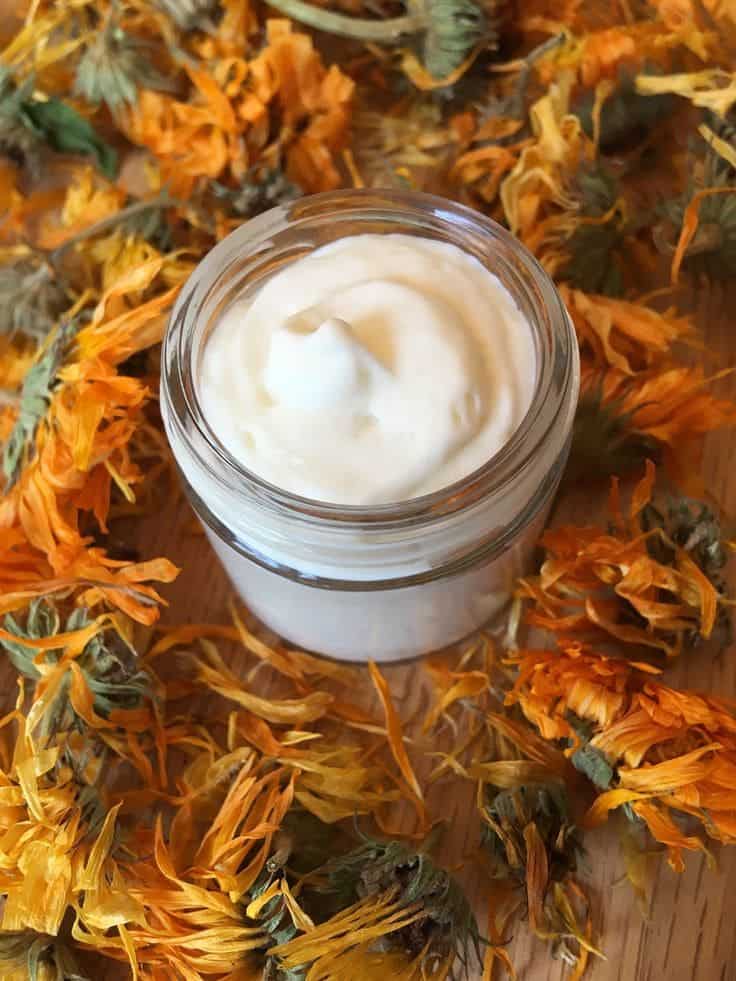
#3. Fights Infections
Thanks to its antimicrobial properties, calendula can help combat bacterial, fungal, and viral infections.
Its essential oils contain compounds that inhibit the growth of harmful microorganisms, making it useful for treating infections like athlete’s foot, ringworm, and even mild fungal infections of the skin or nails.
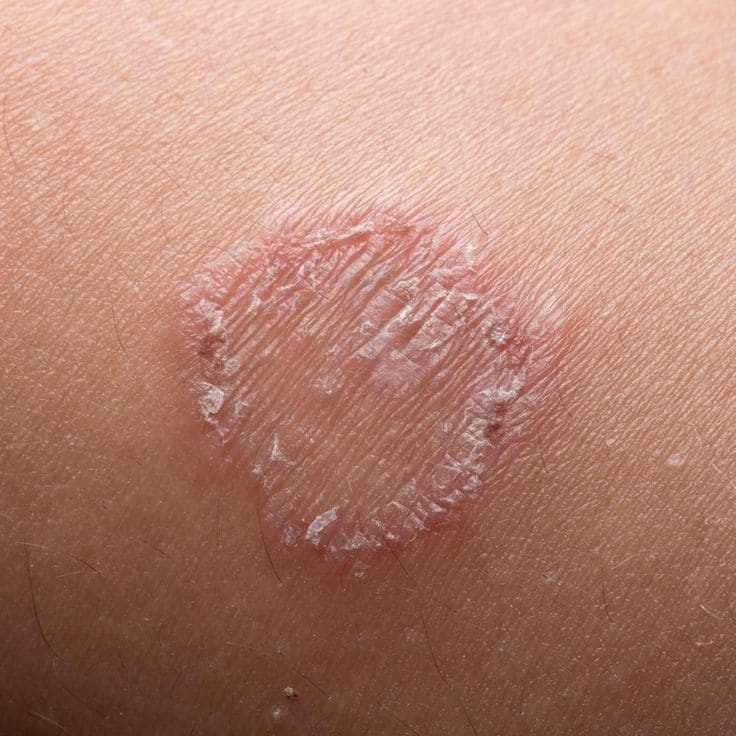
#4. Promotes Digestive Health
Calendula isn’t just for topical use, it can also support your digestive system when consumed as a tea or tincture.
Its anti-inflammatory properties help soothe the stomach lining and reduce irritation caused by conditions like gastritis, acid reflux, or irritable bowel syndrome (IBS).
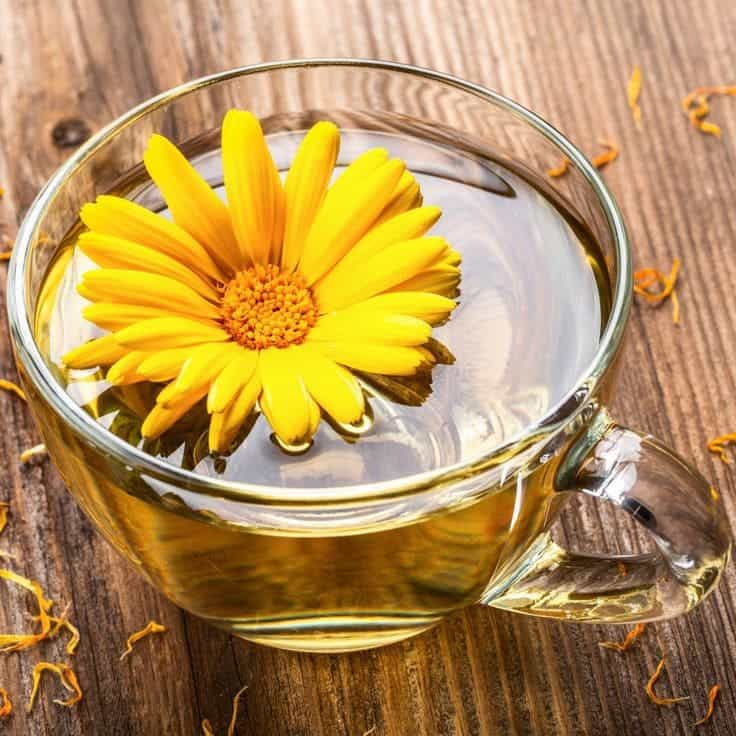
#5. Supports Immune System
Calendula is rich in antioxidants, including flavonoids, carotenoids, and polyphenols, which help protect the body from oxidative stress.
These compounds boost the immune system by neutralizing free radicals that can weaken immune defenses and accelerate aging.
#6. Reduces Inflammation
For joint pain or inflammatory conditions, calendula-infused oils can be massaged onto the affected area, while calendula tea can be consumed to address systemic inflammation.
Its effects are gentle yet effective, making it a natural option for managing inflammatory disorders.
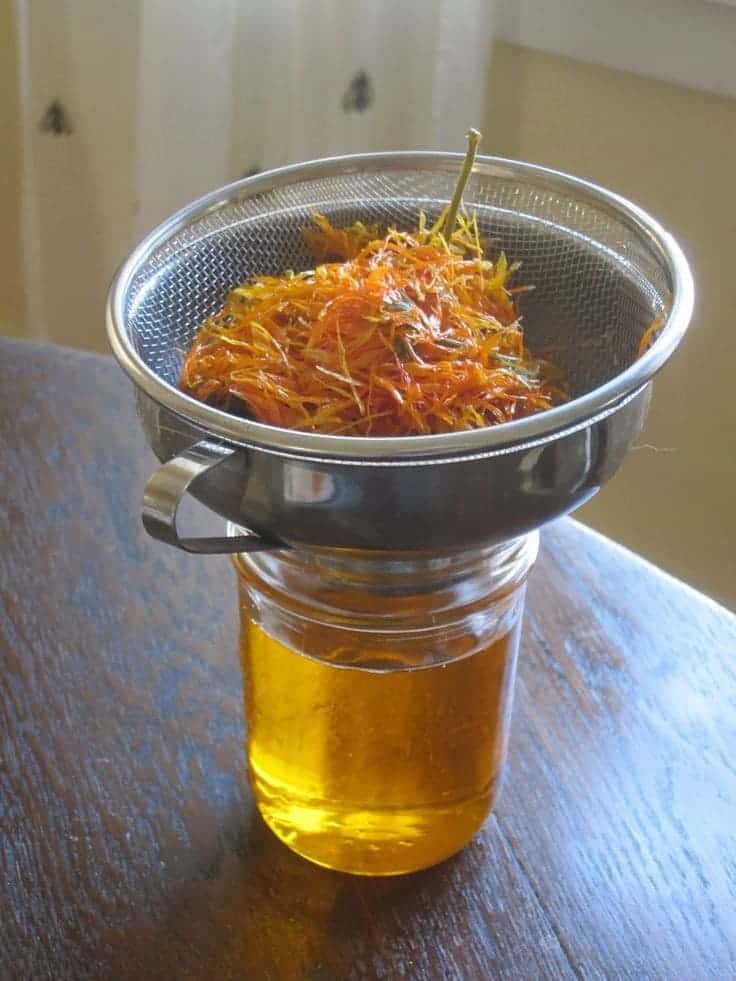
#7. Enhances Skin Health and Appearance
Calendula’s ability to boost collagen production makes it a popular ingredient in skincare.
Calendula’s bright orange petals are rich in beta-carotene, which the body converts into vitamin A, an essential nutrient for maintaining healthy, glowing skin.
#8. Aids in Menstrual Health
Calendula has long been used to support women’s health, particularly in easing menstrual cramps and regulating cycles.
Its anti-spasmodic properties help relax uterine muscles, providing relief from cramps and discomfort during menstruation.

#9. Acts as a Natural Detoxifier
Calendula supports the liver and lymphatic system. Its gentle diuretic properties promote the elimination of toxins through urine, while its anti-inflammatory effects support liver function.
#10. Improves Oral Health
Calendula-based mouthwashes can help reduce plaque buildup, prevent gum disease, and soothe mouth ulcers or sore throats.
A 2015 study in Journal of Periodontology demonstrated that calendula mouth rinse was effective in reducing gum inflammation and bacterial growth.
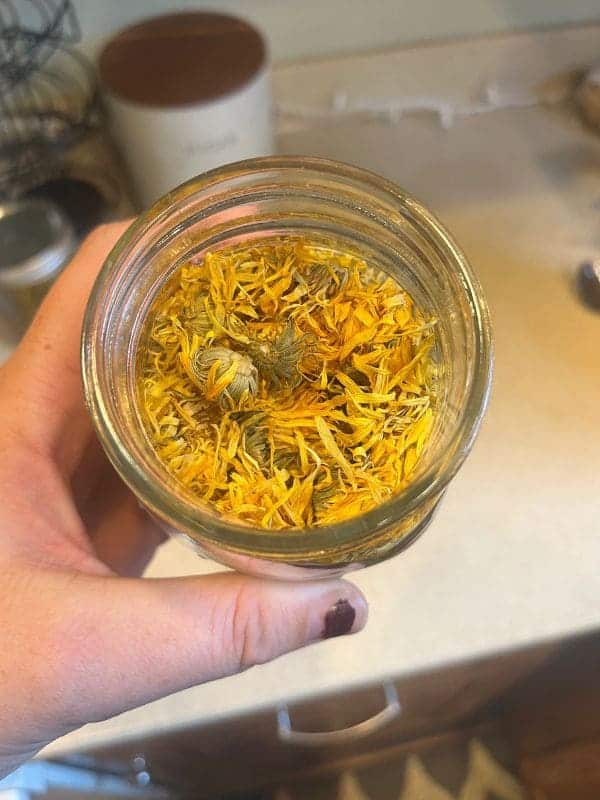
How to Use Calendula
There are many ways to incorporate calendula into your health routine:
- Calendula tea: You steep dried calendula petals in hot water for 5-10 minutes. Drinking calendula tea daily can support digestion, reduce inflammation, and promote detoxification.
- Calendula oil: You can make your own by steeping dried petals in olive or coconut oil for a few weeks to massage sore joints, heal dry skin, or treat minor wounds.
- Mouthwash: You make a natural calendula mouth rinse by steeping petals in water and letting it cool. Swish it around your mouth to soothe inflammation and prevent infections.
Caution and Precautions
People allergic to plants in the Asteraceae family (like daisies or marigolds) should use calendula with caution.
In addition, pregnant and breastfeeding women should consult with a healthcare provider before using calendula internally, as its effects during pregnancy are not fully studied.
Disclaimer
This article is for informational purposes only and should not replace professional medical advice, diagnosis, or treatment.
Always consult with your healthcare provider before starting any new remedy, especially if you are pregnant, breastfeeding, or taking medications.
